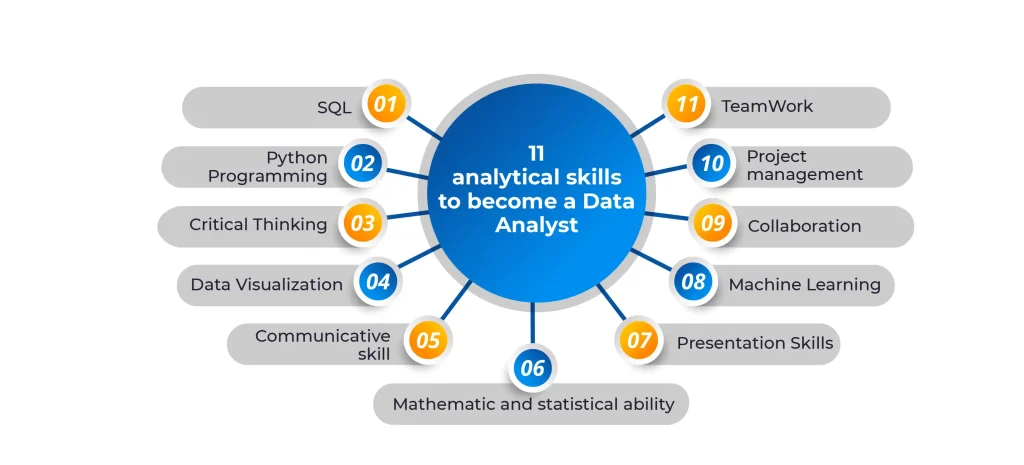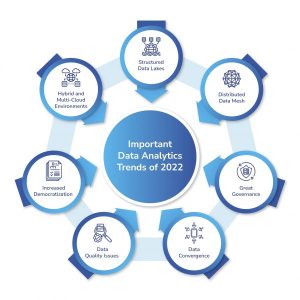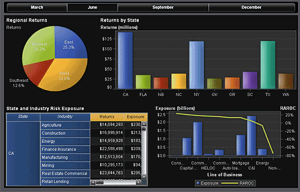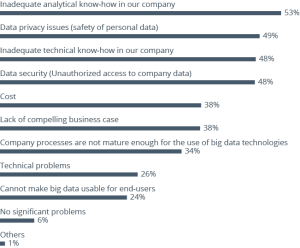
In the era of big data, the role of data analysts has become increasingly critical across various industries. Data analysts help organizations make informed decisions by interpreting complex data and providing actionable insights. If you’re considering a career in data analysis, understanding the necessary skills and certifications is crucial. This blog will guide you through the essential skills, certifications, and steps to build a successful career in data analysis.
Essential Skills for Data Analysts
- Statistical Analysis and Mathematics
- Key Areas: Probability, statistical tests, hypothesis testing, regression analysis.
- Importance: Helps in interpreting data patterns and drawing meaningful conclusions.
- Programming Languages
- Python: Widely used for data manipulation, statistical analysis, and machine learning.
- R: Preferred for statistical analysis and data visualization.
- SQL: Essential for querying and managing databases.
- Data Visualization
- Tools: Tableau, Power BI, matplotlib (Python), ggplot2 (R).
- Importance: Enables clear communication of data insights through charts, graphs, and dashboards.
- Data Wrangling and Cleaning
- Skills: Handling missing data, outlier detection, data normalization, transformation techniques.
- Importance: Ensures data quality and prepares data for analysis.
- Database Management
- Tools: SQL, NoSQL databases like MongoDB, Microsoft SQL Server, MySQL.
- Importance: Efficiently stores and retrieves large datasets.
- Machine Learning and AI (Optional but Beneficial)
- Key Areas: Supervised and unsupervised learning, clustering, classification, regression.
- Importance: Enhances predictive analysis and automation of data-driven tasks.
- Business Acumen
- Skills: Understanding industry-specific challenges, financial analysis, market trends.
- Importance: Aligns data analysis with business goals and decision-making.
- Soft Skills
- Communication: Clearly presenting data insights to stakeholders.
- Problem-Solving: Identifying and addressing business problems using data.
- Critical Thinking: Analyzing data objectively to draw accurate conclusions.
Recommended Certifications for Data Analysts
- Google Data Analytics Professional Certificate
- Overview: Comprehensive introduction to data analysis, covering data cleaning, analysis, and visualization.
- Platform: Coursera
- Benefits: Designed for beginners and covers essential tools like spreadsheets, SQL, and Tableau.
- Microsoft Certified: Data Analyst Associate
- Overview: Validates skills in using Power BI to visualize and analyze data.
- Platform: Microsoft Learn
- Benefits: Recognized certification for proficiency in data visualization and Power BI.
- IBM Data Analyst Professional Certificate
- Overview: Covers data analysis tools like Excel, SQL, Python, and IBM Cognos Analytics.
- Platform: Coursera
- Benefits: Provides practical experience with real-world datasets.
- SAS Certified Specialist: Base Programming Using SAS 9.4
- Overview: Focuses on data manipulation and analysis using SAS programming.
- Platform: SAS
- Benefits: Recognized certification for proficiency in SAS, widely used in various industries.
- Certified Analytics Professional (CAP)
- Overview: Covers the entire analytics process, from data to decision-making.
- Platform: INFORMS
- Benefits: Comprehensive certification that is highly respected in the analytics community.
- Data Science Specialization by Johns Hopkins University
- Overview: Series of courses covering R programming, statistical inference, machine learning, and more.
- Platform: Coursera
- Benefits: Provides in-depth knowledge and hands-on experience with data analysis and visualization.
Steps to Build a Career in Data Analysis
- Educational Background
- Degree: Pursue a degree in mathematics, statistics, computer science, or a related field.
- Courses: Take courses in data analysis, statistics, programming, and business.
- Gain Practical Experience
- Internships: Look for internships or entry-level positions in data analysis.
- Projects: Work on real-world data analysis projects to build your portfolio.
- Online Competitions: Participate in online competitions like Kaggle to hone your skills.
- Build a Strong Portfolio
- Projects: Showcase your data analysis projects on platforms like GitHub or personal websites.
- Visualizations: Include visualizations and dashboards to demonstrate your skills.
- Networking and Professional Development
- Meetups: Attend data science and analytics meetups and conferences.
- Online Communities: Join online communities and forums to connect with professionals and stay updated on industry trends.
- Mentorship: Seek mentorship from experienced data analysts to guide your career development.
- Continuous Learning
- Online Courses: Take online courses to stay updated with the latest tools and techniques.
- Certifications: Obtain relevant certifications to validate your skills and knowledge.
- Reading: Follow industry blogs, research papers, and books to deepen your understanding of data analysis.
Conclusion
Building a career in data analysis requires a combination of technical skills, business acumen, and continuous learning. By mastering the essential skills, obtaining relevant certifications, and gaining practical experience, yo
u can position yourself for success in this dynamic and growing field. Whether you’re just starting or looking to advance your career, the opportunities in data analysis are vast and promising. Embrace the journey, stay curious, and leverage the power of data to drive impactful decisions and business growth.








